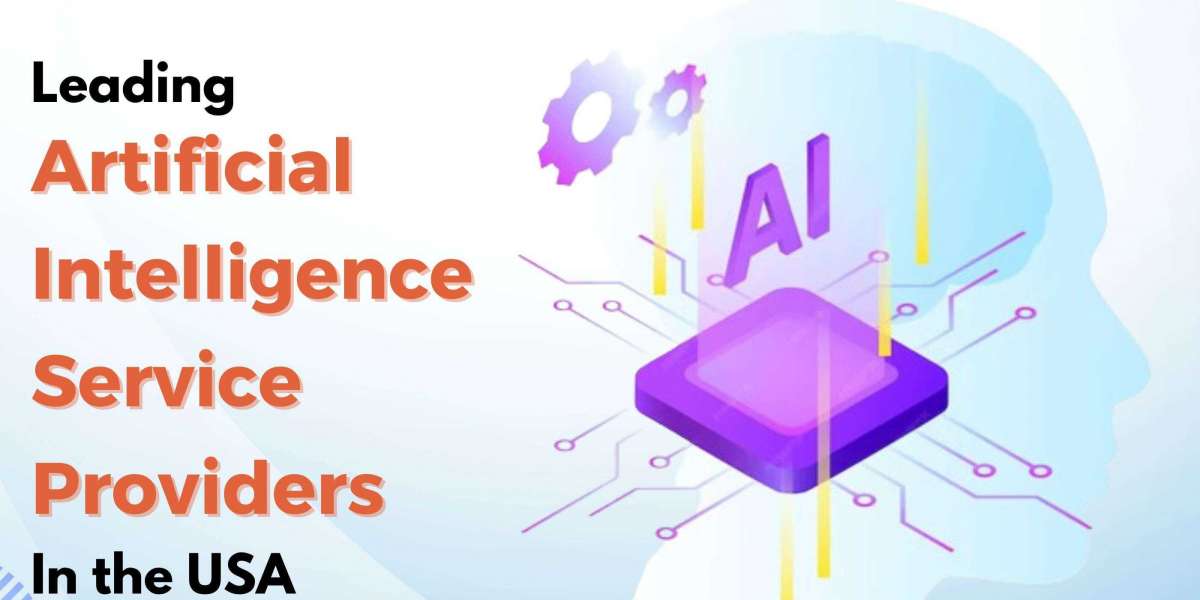AI agents are transforming industries in all sectors enormously. Statista states that 72% of companies are integrating AI into at least one business function in 2024, up from 55 percent a year ago.
The rapid integration of AI across industries highlights its immense ability to drive innovation and optimize efficiency. Alongside the growing presence of AI agents, however, their development brings up many complex ethical challenges that must be dealt with to realize an honest and fair deployment. In this blog, we will discuss ethics in AI agent development, highlighting the core issues and potential solutions.
The Ethical Landscape in AI Agent Development
Bias in AI Systems
A significant challenge in ethics in AI agent development is the issue of bias. AI agents are trained on historical data, which often contains societal prejudices. When such biases are carried into AI systems, they can reinforce or magnify existing inequalities. For instance, an AI-based recruitment tool might unintentionally prefer specific demographics if the training data reflects historical imbalances, thus impacting fair job opportunities.
To mitigate this, AI agent development companies must prioritize building datasets that are diverse, balanced, and inclusive. Additionally, implementing bias-checking tools throughout the development lifecycle can help identify and mitigate these disparities before they manifest in real-world applications.
Transparency and Accountability
Another ethical challenge presented by AI systems is that many of them are 'black boxes' in that their inner workings remain opaque. AI agents in finance and healthcare, for example, can be difficult to understand just how they make a decision. The lack of transparency weakens trust and opens the door to questions about accountability.
The lack of transparency, often referred to as the “black box” problem, is another major ethical hurdle. Understanding the logic behind AI decisions is challenging, particularly in critical domains like finance or healthcare. This opacity can erode trust and raise valid concerns about responsibility and fairness.
For example, if an AI-powered loan approval system denies an application, the affected individual may not know why the decision was made or how to appeal it. Ensuring transparency involves designing explainable AI models that provide clear, understandable reasoning for their outputs.
Furthermore, accountability frameworks are essential. Developers, organizations, and stakeholders need to establish clear accountability for AI-driven decisions, particularly in scenarios where errors or unintended outcomes occur. This approach fosters trust and minimizes risks associated with automated decision-making.
Privacy and Security Concerns
Data Privacy in AI Development
AI agents rely on vast amounts of data to function effectively. However, this dependence raises concerns about user privacy and data security. For instance, AI systems handling sensitive information, such as health records or financial transactions, are attractive targets for cyberattacks.
To safeguard against such risks, implementing advanced data encryption protocols and strict access controls is crucial. Adhering to regulations such as GDPR ensures that sensitive user data is ethically collected, stored, and managed. An AI agent development company must prioritize these safeguards to build secure systems that respect user privacy.
Mitigating Security Risks
Data breaches are not the only security vulnerabilities of AI agents. These threats include adversarial attacks. For instance, even a minor modification, such as altering a few pixels in an image, could mislead a self-driving car’s AI, causing it to misidentify a stop sign as a speed limit sign. Such errors could result in dangerous accidents.
Developers must implement robust security measures, including adversarial testing and continuous monitoring, to safeguard AI systems against such threats. By ensuring resilience, AI agents can operate safely in high-stakes environments.
The Role of Ethical Frameworks
Ethical frameworks are useful to have in the AI development process because they provide a roadmap for their integration. These frameworks are aligned with fairness, accountability, transparency, and societal well-being. The IEEE and the European Union have guidelines to guide developers in the ethical landscape.
Key principles of ethical frameworks include:
- Fairness: Ensuring that AI agents don’t discriminate against people or groups.
- Transparency: AI processes and decisions must be interpretable and accessible to stakeholders.
- Accountability: Identifying the parties responsible for AI actions and their consequences.
- Human Oversight: The introduction of human intervention into high stakes decision making.
These frameworks are not just theoretical but are indeed actionable tools for any Generative AI development company that intends to build ethical AI systems.
The Challenge of Ethical Decision-Making
In more and more domains (healthcare, finance, transportation, etc.) AI agents make autonomous decisions. However, whether they can make ethical decisions remains a debate. Ethical dilemmas that autonomous vehicles will have to face in some collision scenarios show us that ethical reasoning must be woven into decision-making algorithms.
A practical approach is to ensure human-centered design in AI agents. By aligning AI systems with universal human values, developers can minimize unintended consequences and promote ethical behavior.
How AI Development Companies Address Ethical Concerns
Leveraging Generative AI for Ethical Solutions
Generative AI has emerged as a powerful tool in AI agent development. By synthesizing data and creating realistic scenarios, generative AI can help test ethical implications and uncover potential risks before deployment. For example, generative models can simulate edge cases to identify how an AI system might respond in unusual or extreme situations.
To succeed in this domain, businesses often hire generative AI engineers who specialize in designing models that adhere to ethical standards. These engineers play a crucial role in balancing innovation with responsibility, ensuring that generative AI contributes positively to society.
Operationalizing Ethics
Embedding ethics into AI workflows requires a multi-pronged approach:
- Establishing ethics councils to oversee AI projects.
- Creating detailed guidelines for ethical practices.
- Developing customized tools that assess the trade-offs between accuracy and explainability.
For companies aiming to lead in the AI space, these steps are indispensable. A Generative AI development company that prioritizes ethical operations sets itself apart as a trusted innovator in the field.
Environmental Impact of AI Agents
While ethical concerns often focus on fairness and privacy, the environmental impact of AI systems is another critical issue. Training complex AI models consumes significant computational resources, contributing to high energy use and carbon emissions.
Developers can address this issue by adopting energy-efficient algorithms, optimizing model architectures, and using cloud-based platforms powered by renewable energy. Adopting environmentally conscious practices not only helps reduce the carbon footprint of AI systems but also aligns with the broader principles of ethics in AI agent development.
Conclusion
Ethical issues in AI agent development are diverse, including data bias and lack of transparency, security risks, and environmental dangers. Every stage requires developers to put ethics first. To overcome such complexities, organizations are well advised to partner with an experienced AI agent development company or hire generative AI engineers.
As AI continues to reshape industries and societies, adhering to the foundational principles of ethics in AI agent development is essential to ensure these technologies deliver meaningful, positive outcomes. By blending innovation with a strong ethical foundation, we can create AI systems that are not only highly effective but also fair, transparent, and socially responsible.
FAQs
- What are the biggest ethical concerns in AI agent development?
The most pressing concerns include data bias, lack of transparency, privacy risks, and accountability for AI-driven decisions.
- How can bias in AI agents be mitigated?
Bias can be addressed by using diverse datasets, implementing bias-checking tools, and conducting regular audits throughout the development process.
- How can companies ensure the security of AI agents?
Implementing robust encryption, access controls, and adversarial testing ensures that AI agents are resilient against cyber threats.
- Why is it important to hire generative AI engineers for ethical AI development?
Generative AI engineers bring specialized expertise in designing models that prioritize ethical standards, enabling companies to create trustworthy and responsible AI systems.







